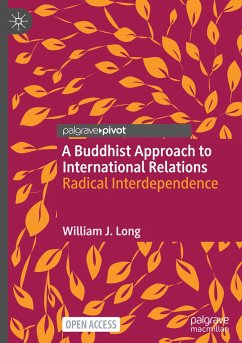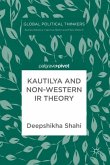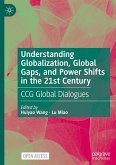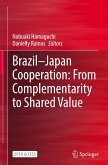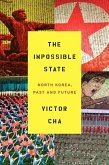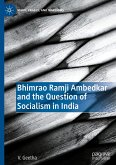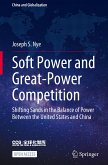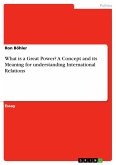This book is an open access book. Many scholars have wondered if a non-Western theory of international politics founded on different premises, be it from Asia or from the "Global South," could release international relations from the grip of a Western, "Westphalian" model. This book argues that a Buddhist approach to international relations could provide a genuine alternative. Because of its distinctive philosophical positions and its unique understanding of reality, human nature and political behavior, a Buddhist theory of IR offers a way out of this dilemma, a means for transcending the Westphalian predicament. The author explains this Buddhist IR model, beginning with its philosophical foundations up through its ideas about politics, economics and statecraft.
"A Buddhist Approach to International Relations: Radical Interdependence, is a seminal work that explores the question of how Buddhist ideas can genuinely become the basis for an alternative discourse in IR. ... Long's book, which is a worthwhile and novel contribution to the theoretical literature on international relations." (Punsara Amarasinghe, Israel Journal of Foreign Affairs, October 4, 2023)
"Long's work is a seminal contribution considering Buddhism as the source of alternative discourse in International Relations. ... Long's book is a great contribution to the theoretical literature in international relations." (Punsara Amarasinghe, Religious Studies Review, Vol. 49 (1), March, 2023)
"Long's work is a seminal contribution considering Buddhism as the source of alternative discourse in International Relations. ... Long's book is a great contribution to the theoretical literature in international relations." (Punsara Amarasinghe, Religious Studies Review, Vol. 49 (1), March, 2023)

